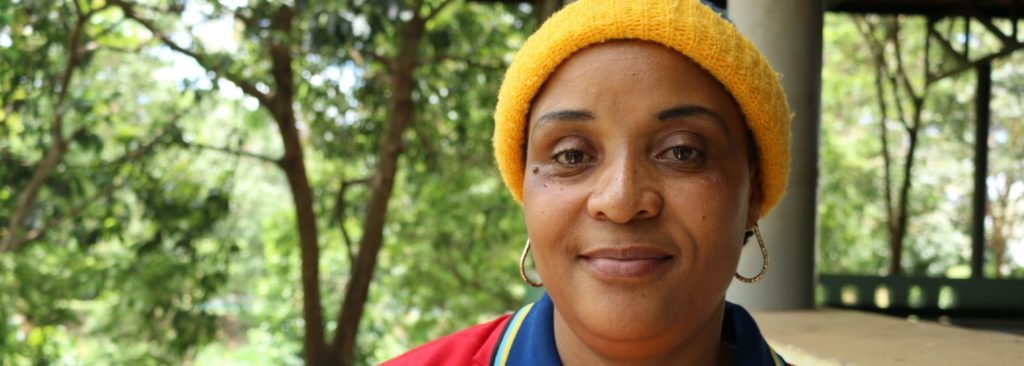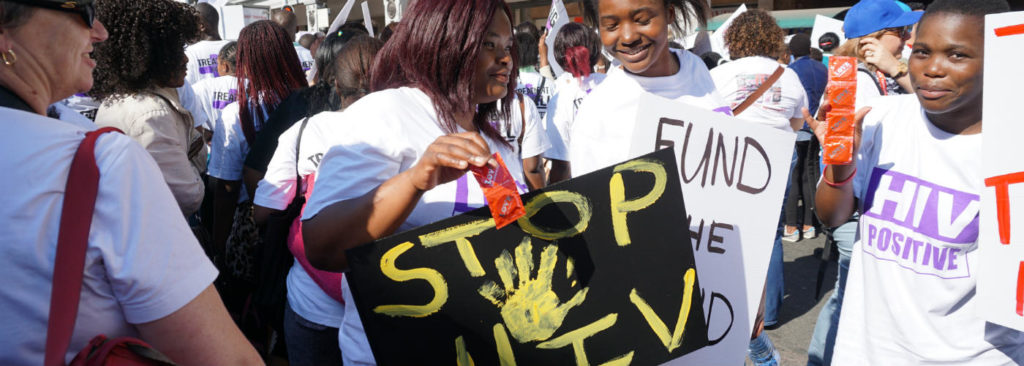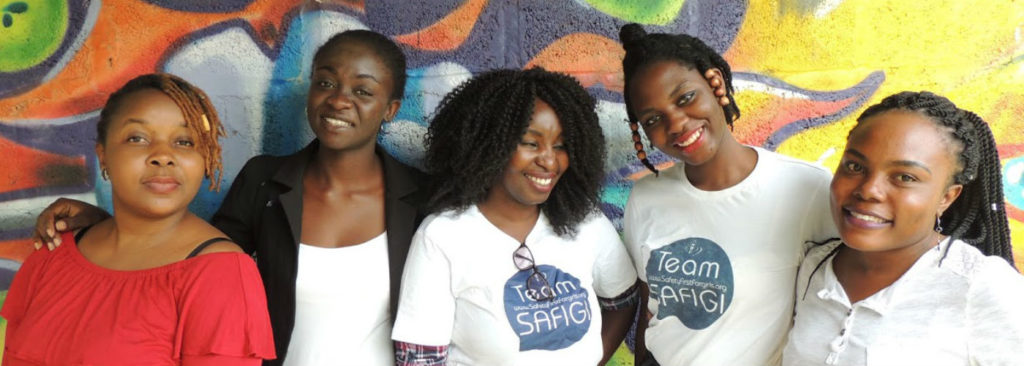At first, it might seem like an unusual combination: twinning schools with flower farms to tackle sexual harassment and HIV/AIDS. However, the Blooming Schools and Workplaces project under the Women@Work Campaign has proven to be very effective.
“The aim of the project is to promote gender responsiveness, both at the workplace and the surrounding communities,” explains Juliet Agwang of the National Organisation of Peer Educators (NOPE) in Uganda. This means taking into account the differences in characteristics, circumstances and needs of women and men. NOPE has been implementing the project since 2016, together with the Uganda Flower Exporters Association, the umbrella body for the Ugandan horticulture.
Currently, they have twinned 10 flower farms with 11 schools. “The basis for targeting schools and surrounding communities is a study done by Hivos. It established that once pupils in schools in the vicinity of the flower farms reached employment age, they were more likely to get employment from these flower farms,” says Ms. Agwang. Hence, tackling HIV/AIDS and sexual harassment at the workplace starts in school.
Writing and arts festival
Project activities include peer education in schools, mentoring and supervision, and teacher training. In August 2019, it held a writing and arts festival that targeted ten schools and eight flower farms. Students were asked to create a drawing, painting, poem, essay, play or song on the themes of HIV/AIDS and sexual harassment. The flower farms provided the venue and logistics.
The project has so far reached more than 15,000 pupils and 6,426 flower farm workers. “As a result, we have increased management awareness and sensitivity to gender issues in the flower farms,” explains Ms. Agwang. “Furthermore, although many flower farms had policies on HIV/AIDS and sexual harassment, these issues weren’t addressed in depth. Thanks to our work, the participating flower farms have improved their own policies to address HIV/AIDS and sexual harassment at the workplace.”





